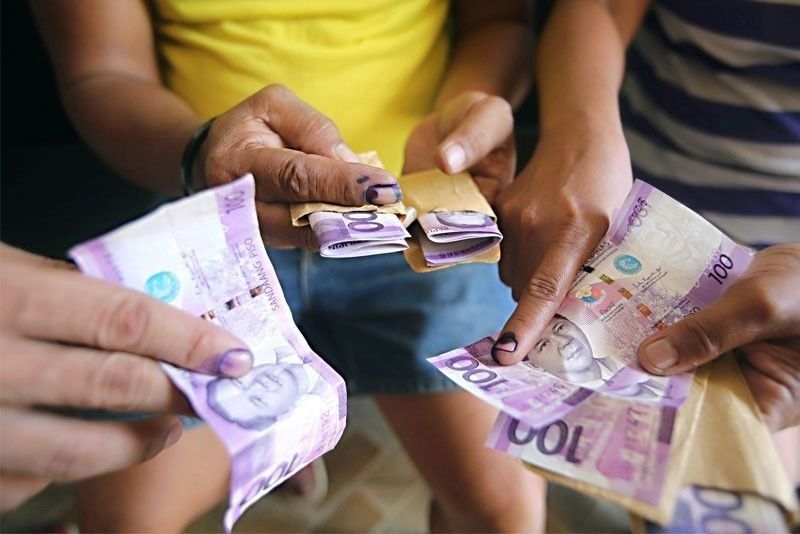Vote buying by GCash? Comelec, BSP to keep watch

MANILA, Philippines — Despite the COVID-19 pandemic, vote buying is a challenge that the Commission on Elections (Comelec) still has to contend with in the 2022 national and local polls.
According to Comelec Commissioner Rowena Guanzon, vote buying will continue to proliferate. But this time, she said vote buyers might resort to online money transfer systems to manipulate the elections.
Guanzon emphasized that vote buying online is “real” and will be a key part of the elections, “because politicians cannot go house to house and distribute money,” she noted in a webinar yesterday organized by the Catholic Educational Association of the Philippines.
Guanzon said she heard that money transfer systems such as GCash could be used by politicians to buy votes. She had consulted the University of the Philippines School of Economics alumni about this.
“I asked their help because they are bankers there and experts in finance. They said that the central bank can actually monitor this GCash style or method of vote buying,” she said.
Guanzon sought the help of experts so the Comelec can counter this form of vote buying in the 2022 polls.
“Although we cannot prevent it, to catch them and prove that they used it to buy votes, we will be very grateful because it’s something that the Comelec has not done before,” she said.
She warned politicians and their supporters who have such plans to buy votes that the Bangko Sentral ng Pilipinas (BSP) “has the power and the capacity to trace this vote buying” system.
“We are warning the politicians, know you’re going to be found out,” she added.
Plea for extension
The six-member Makabayan bloc yesterday filed a resolution in the House of Representatives, calling on Comelec to extend the voters’ registration deadline beyond Sept. 30 this year, citing “massive disenfranchisement” of voters.
The militant legislators filed House Resolution 2128 that seeks to extend by another month, or until Oct. 31, the period within which new voters and voters who have not voted for several elections can register for the May 2022 polls.
“The Sept. 30 deadline was set before the COVID-19 pandemic, and it now falls upon the Comelec’s prerogative to adjust the deadline due to the ramifications of the pandemic and registration problems that need to be made up for,” they reasoned.
According to them, the Comelec backlog alone, along with the challenges during this strict lockdown’s voters’ registration schedules, actually threaten to “disenfranchise an estimated 13.1 million prospective voters” in the May 2022 presidential and local elections.
“While we recognize Comelec’s need to have ample time to prepare the final list of voters, which is a prerequisite for the preparation and completion of the Project of Precincts (POP), the youth and the people believe that at least a month’s extension would not delay that much Comelec’s preparation of the POP,” the opposition lawmakers stressed.
At the same time, extending such voters’ registration is nothing new for the poll body, as it did so already in the past, such as during the synchronized national and local elections in May 2001, May 2004, May 2007, May 2010 and May 2013.
“There are previous instances in which Comelec set deadlines that are on or even beyond Oct. 31 of the year before elections,” the left-wing lawmakers stated in their sponsored House resolution.
The resolution was signed by Reps. Sarah Elago of party-list Kabataan, Carlos Isagani Zarate, Ferdinand Gaite and Eufemia Cullamat of Bayan Muna, Arlene Brosas of women’s group Gabriela and France Castro of ACT Teachers. – Delon Porcalla, Evelyn Macairan
- Latest
- Trending






























